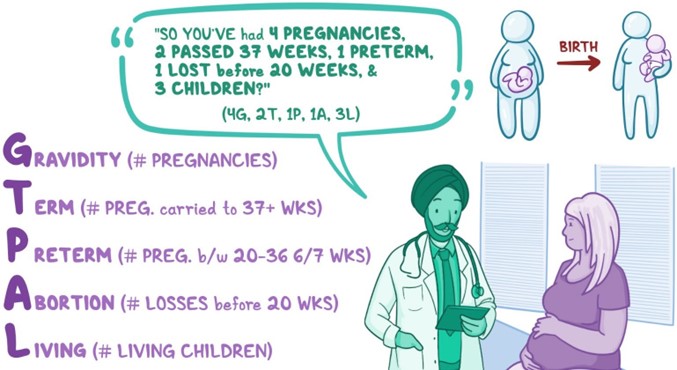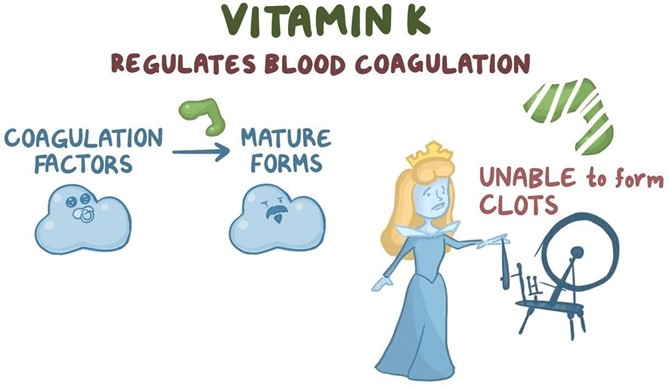A couple who has had difficulty conceiving confides in the nurse at the infertility clinic that they feel overwhelmed with the decisions that face them. Which of the following nursing strategies would be most appropriate and therapeutic?
Select one:
Provide compassionate and accurate information throughout the process and support them to make their own decisions.
Inquire about the names they have chosen for their baby to get their mind off their stress.
Express sympathy and provide directive advice to the couple about what they should do.
Refer them to a marriage counselor in the same building to help them with the decisions.
The Correct Answer is A
Choice A Reason: Provide compassionate and accurate information throughout the process and support them to make their own decisions. This is a therapeutic strategy that demonstrates empathy, honesty, and advocacy for the couple. It also helps them understand their options, risks, benefits, and alternatives, and encourages them to participate in their care.
Choice B Reason: Inquire about the names they have chosen for their baby to get their mind off their stress. This is a non-therapeutic strategy that avoids addressing the couple's concerns, minimizes their feelings, and may create false hope or unrealistic expectations.
Choice C Reason: Express sympathy and provide directive advice to the couple about what they should do. This is a non-therapeutic strategy that shows pity, imposes personal values, and undermines the couple's self-determination.
Choice D Reason: Refer them to a marriage counselor in the same building to help them with the decisions. This is a non-therapeutic strategy that implies that the couple has marital problems, shifts responsibility, and may create resentment or resistance.
Nursing Test Bank
Naxlex Comprehensive Predictor Exams
Related Questions
Correct Answer is C
Explanation
Choice A Reason: 3-2-1-0-2. This is an incorrect answer that underestimates the number of pregnancies and overestimates the number of preterm births. The client has had four pregnancies, not three. She has had one preterm birth, not two.
Choice B Reason: 4-1-1-1-3. This is an incorrect answer that overestimates the number of living children. The client has two living children, not three.
Choice C Reason 4-1-1-1-2. This is because the GTPAL method is a way of summarizing a woman's obstetric history using five numbers: G (gravida), T (term births), P (preterm births), A (abortions), and L (living children). Gravida is the number of pregnancies, regardless of outcome. Term births are deliveries after 37 weeks' gestation. Preterm births are deliveries between 20 and 37 weeks' gestation. Abortions are pregnancies that end before 20 weeks' gestation, either spontaneously or electively. Living children are the number of children who are alive at the time of assessment.
Choice D Reason: 4-1-2-0-3. This is an incorrect answer that overestimates the number of preterm births and living children, and underestimates the number of abortions. The client has had one preterm birth, not two. She has had one abortion, not zero. She has two living children, not three.

Correct Answer is D
Explanation
Choice A Reason: Vitamin K will increase erythropoiesis. This is an incorrect statement that confuses vitamin K with erythropoietin. Erythropoietin is a hormone that stimulates red blood cell production in the bone marrow. Vitamin K does not affect erythropoiesis.
Choice B Reason: Vitamin K will enhance bilirubin breakdown. This is an incorrect statement that confuses vitamin K with phototherapy. Phototherapy is a treatment that exposes the newborn's skin to light, which converts bilirubin into water-soluble forms that can be excreted by the liver and kidneys. Bilirubin is a yellow pigment that results from the breakdown of red blood cells. High levels of bilirubin can cause jaundice and brain damage in newborns. Vitamin K does not affect bilirubin metabolism.
Choice C Reason: Vitamin K will stop Rh sensitization. This is an incorrect statement that confuses vitamin K with Rh immune globulin. Rh immune globulin is an injection given to Rh-negative mothers who deliver Rh-positive babies, to prevent them from developing antibodies against Rh-positive blood cells in future pregnancies. Rh sensitization is a condition where the mother's immune system atacks the baby's blood cells, causing hemolytic disease of the newborn. Vitamin K does not affect Rh sensitization.
Choice D Reason: Vitamin K will promote blood clotting ability. This is a correct statement that explains the rationale for administering vitamin K as prophylaxis to newborns. Vitamin K is essential for the synthesis of clotting factors in the liver. Newborns have low levels of vitamin K at birth due to poor placental transfer and lack of intestinal bacteria that produce vitamin K. Therefore, they are at risk of bleeding disorders such as hemorrhagic disease of the newborn.

Whether you are a student looking to ace your exams or a practicing nurse seeking to enhance your expertise , our nursing education contents will empower you with the confidence and competence to make a difference in the lives of patients and become a respected leader in the healthcare field.
Visit Naxlex, invest in your future and unlock endless possibilities with our unparalleled nursing education contents today
Report Wrong Answer on the Current Question
Do you disagree with the answer? If yes, what is your expected answer? Explain.
Kindly be descriptive with the issue you are facing.
